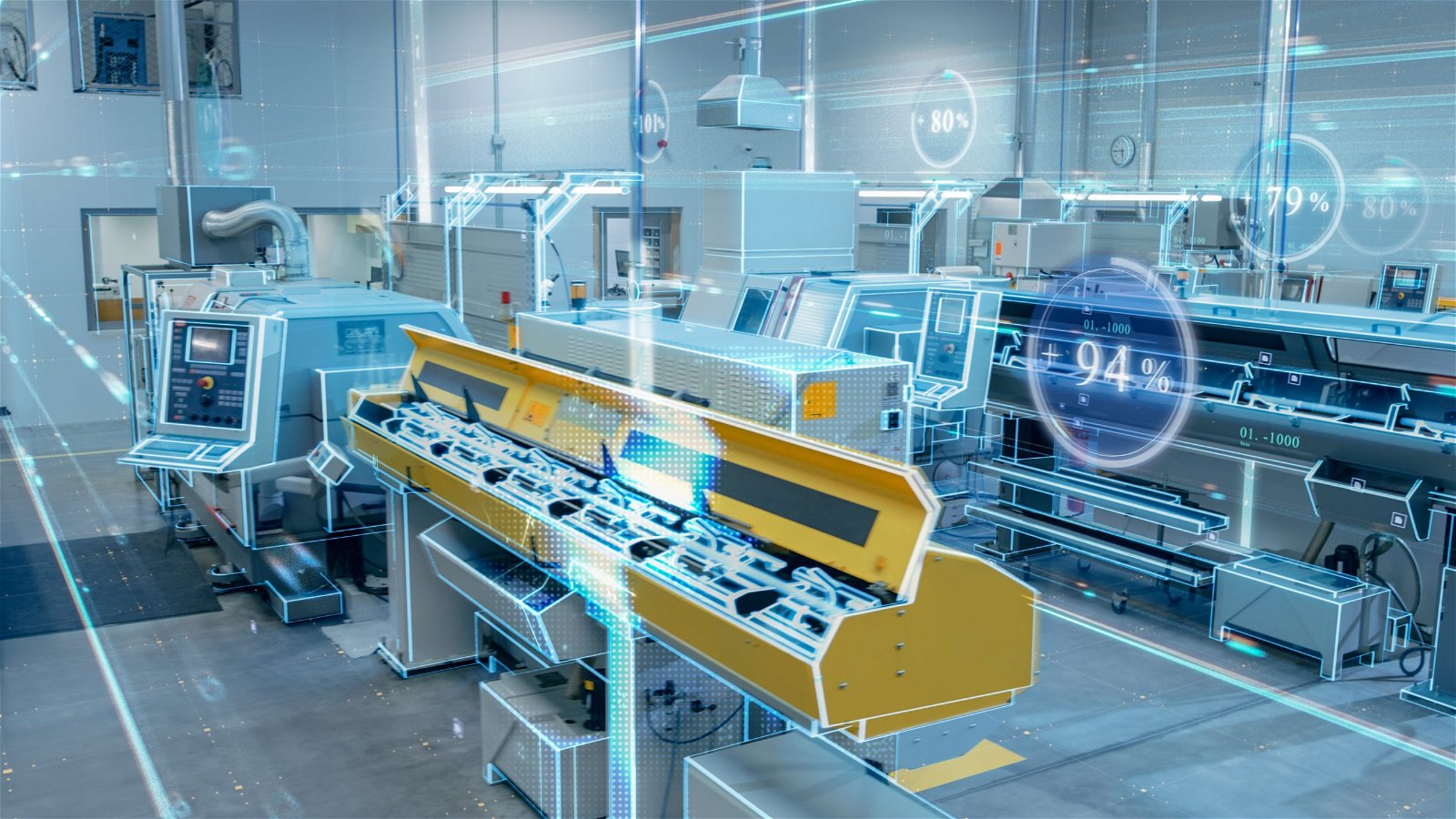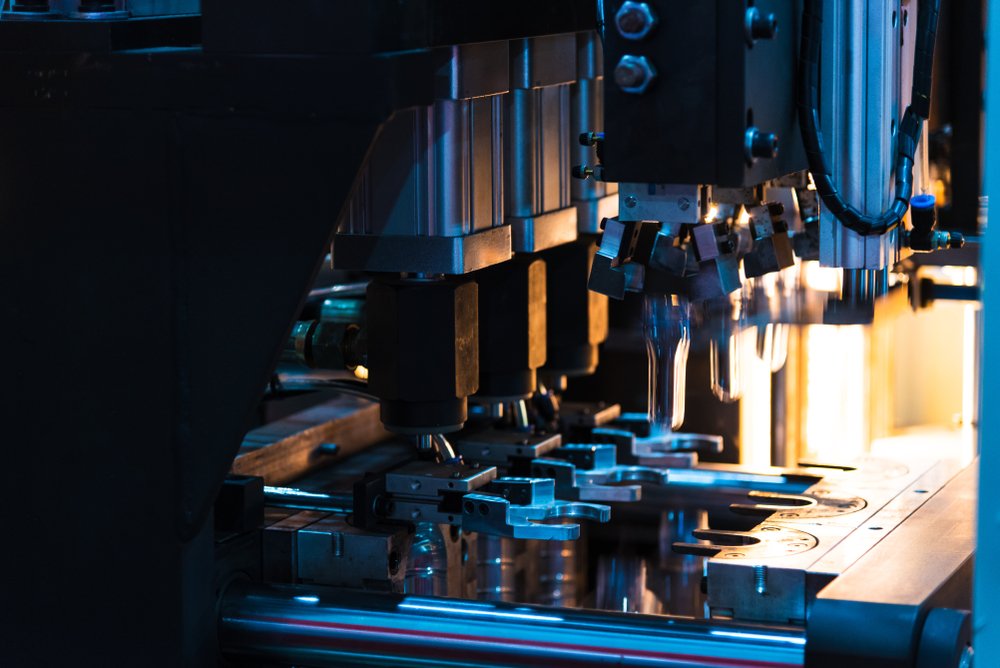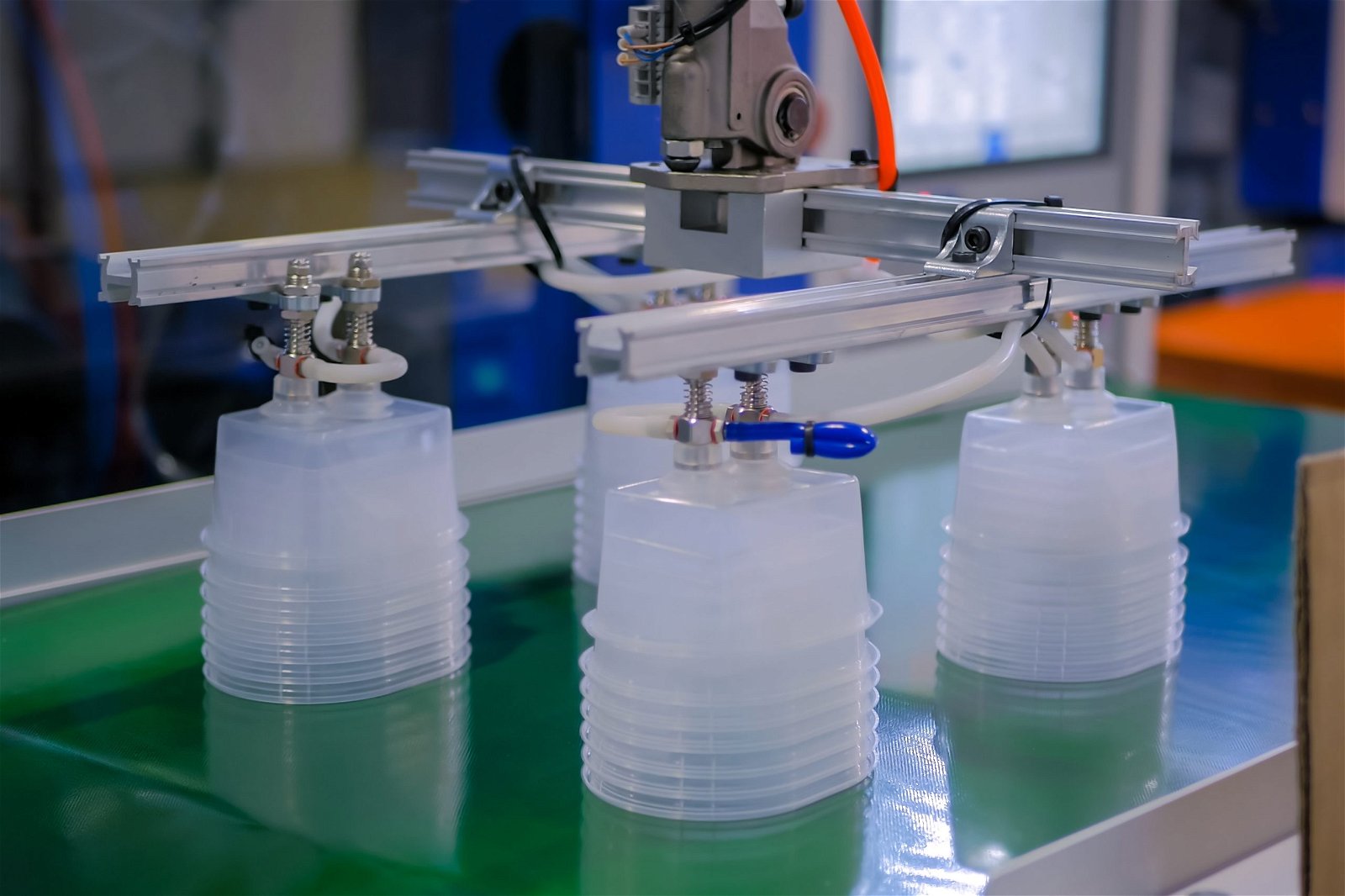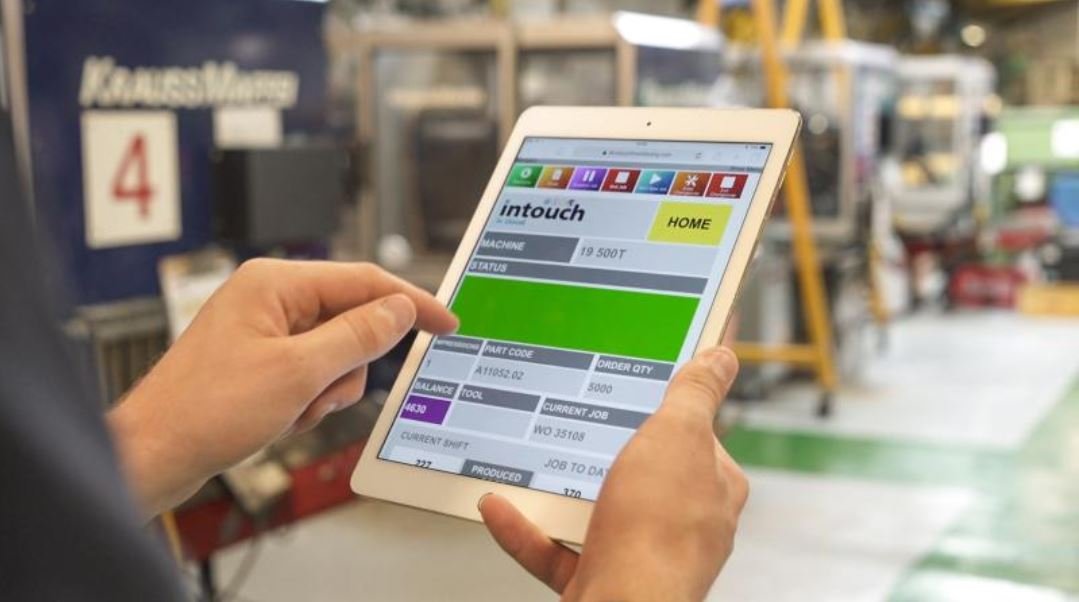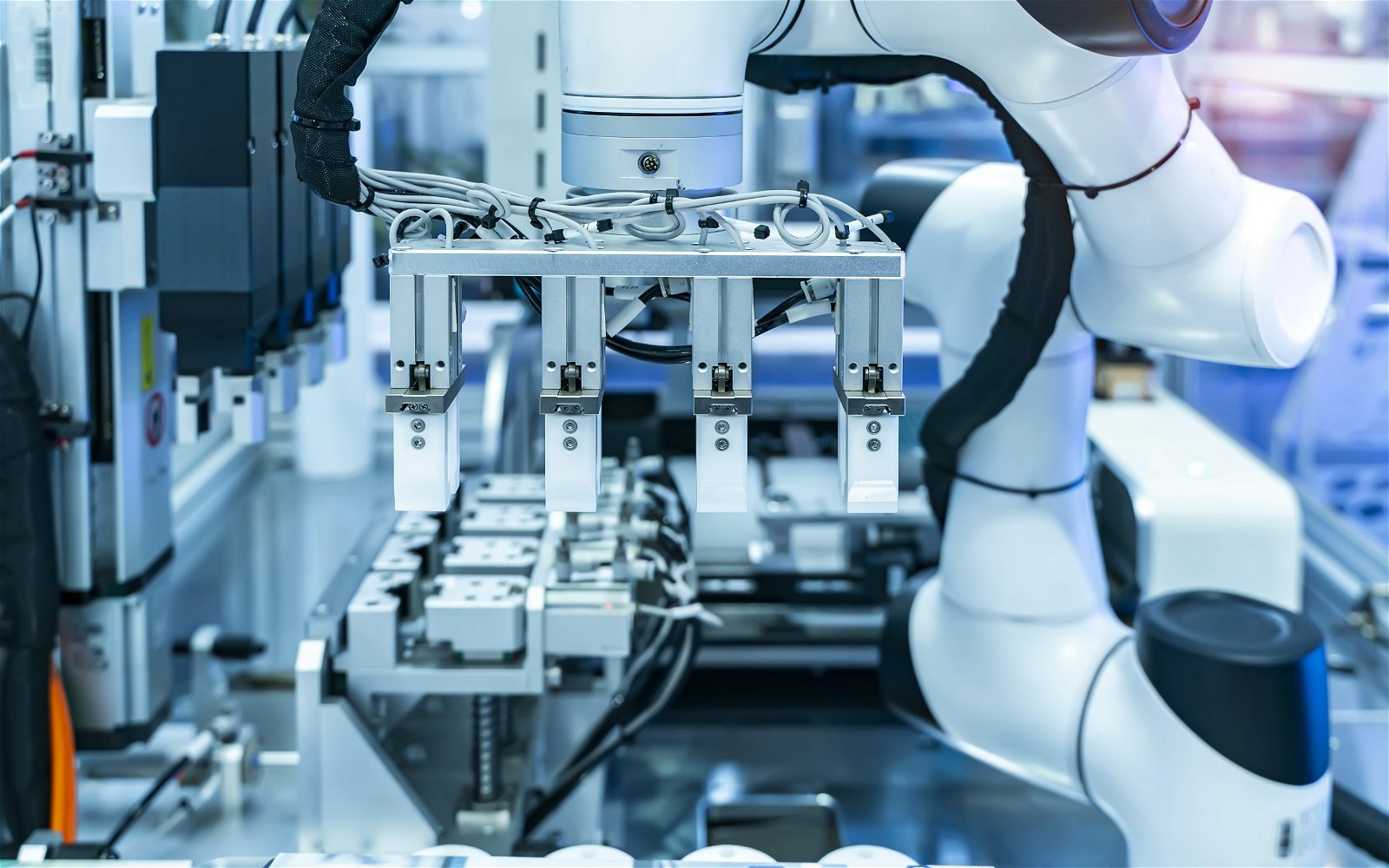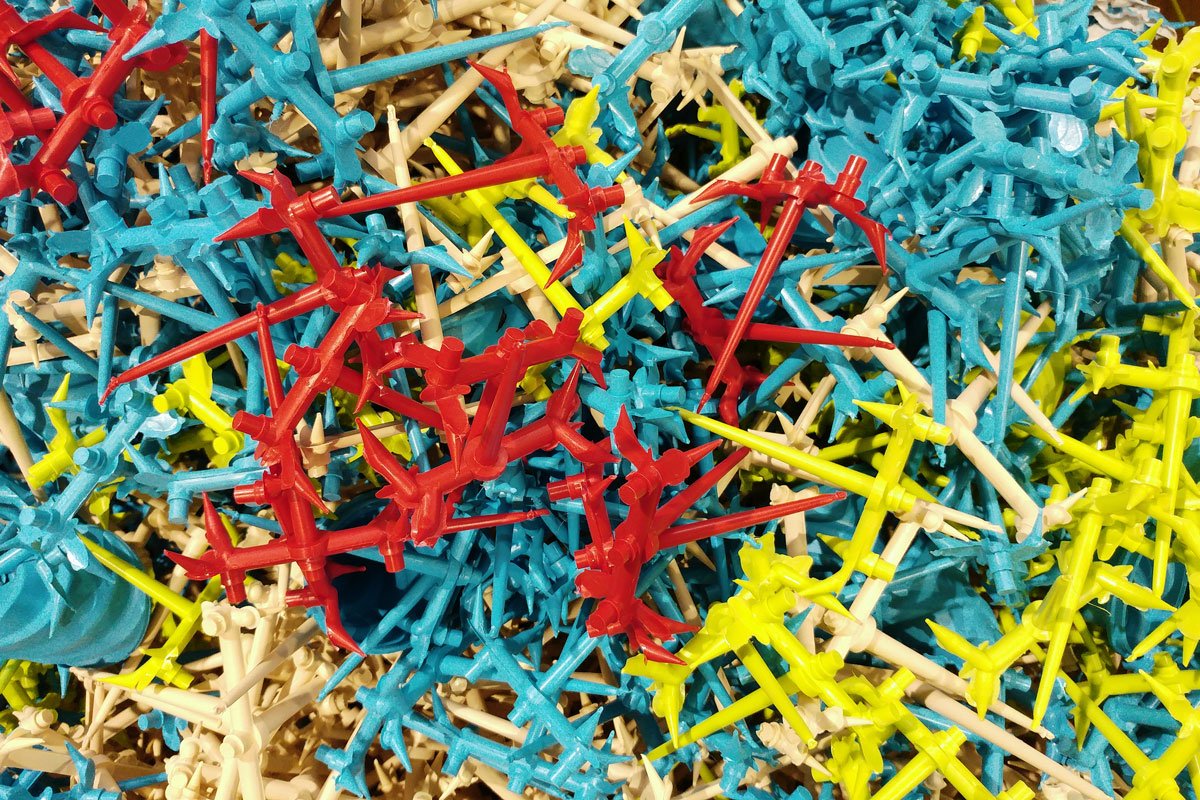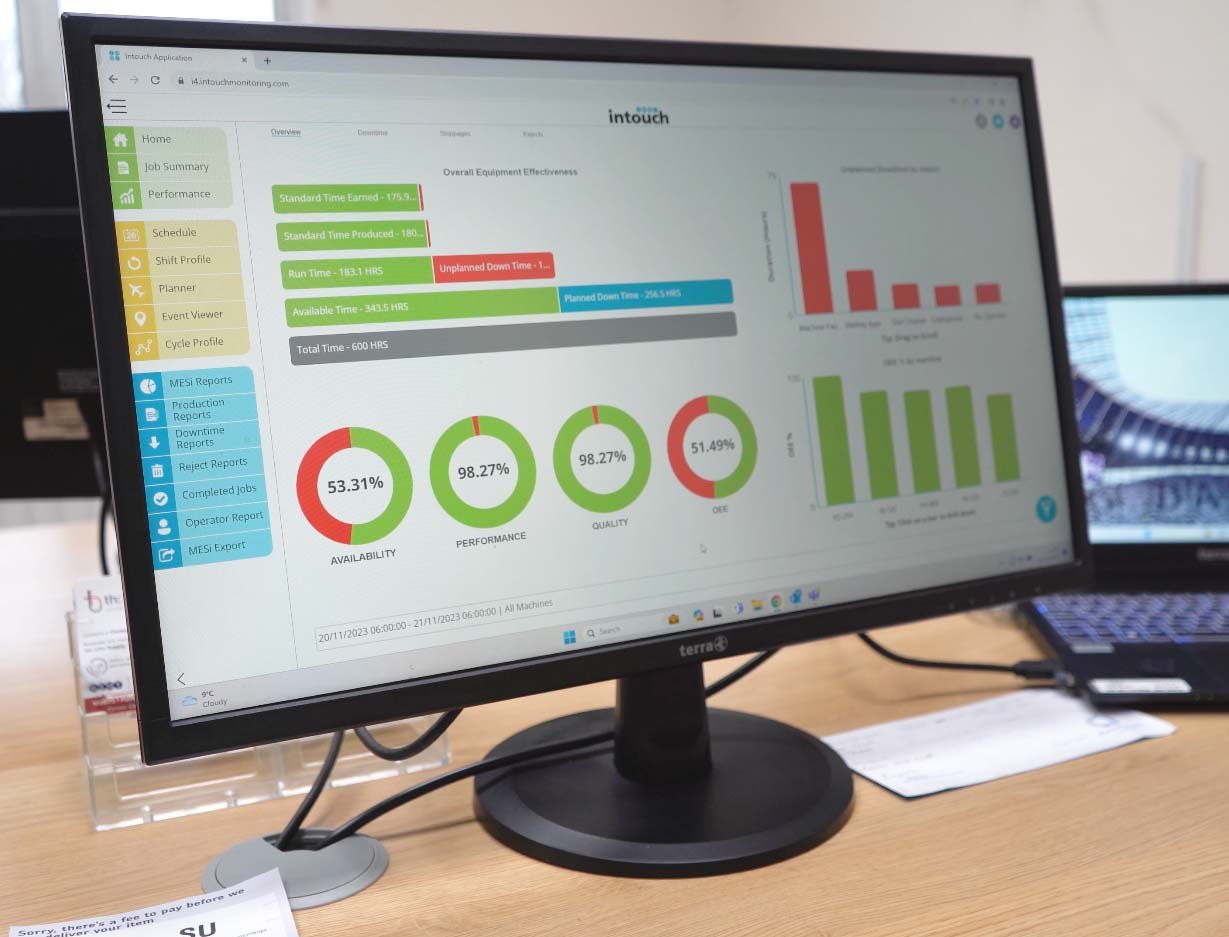MES THINKING
A paperless shop floor requires tech and talent
In today’s highly digital world, most of us rely heavily on technology in our day-to-day lives and as a result there are a growing number of people suffering from Nomophobia – the fear or anxiety we have if we don’t have a functioning mobile phone.
Businesses are constantly looking for more efficient processes and technologies that can improve performance, reduce costs, and maintain a competitive edge. Often this desire to use tech to improve efficiency is seen as a threat by the talent you employ.
Achieving the goal of a paperless shop floor is not just about eliminating paper; it requires a harmonious blend of technology and talent. And provides considerably more efficient processes along with real-time data, upon which you can make faster, more informed decisions,
The Challenge of Process: The people behind the system
While the integration of technology is undoubtedly a significant step towards creating a paperless shop floor, the underlying processes that govern these technologies are equally crucial.
Many organisations face challenges when adopting and implementing new technologies, primarily because their existing processes need to be aligned or workflows changed with the capabilities of the new systems.
Implementing production monitoring software that provides real time data, that can enable data-driven decision making is not a silver bullet, success requires the inclusion of talent.
People are the backbone of manufacturing operation and need to be trained, not just on the technology but on the new processes as well.
It’s the combination of efficient processes, adept technology, and a knowledgeable workforce that truly drives success in a digital manufacturing environment.
Managers and leaders must recognise that the synergy between people and process is pivotal to overall success. Overlooking the importance of redesigning processes or neglecting the necessary support and training for the workforce can lead to inefficiencies and under-utilisation of the technology.
Done well, technology will improve job satisfaction and release staff to focus on other important activities within the business.
The role of Production Monitoring software in a paperless shop floor
1. Real-time Visibility: Production monitoring software offers real-time insights into the manufacturing process. This instant visibility helps managers and supervisors identify bottlenecks, monitor machine performance, and ensure that production timelines are met.
2. Reducing Waste: By digitizing the production process, businesses can significantly reduce material waste. Digital systems can optimize raw material usage, ensuring minimal waste and reduced costs.
3. Improved Accuracy: Handwritten notes or manual entry can lead to errors. Digital systems reduce the likelihood of these mistakes, leading to more accurate production data and better decision-making. See how Petford Group improved their OEE by 16% following the removal of manual record keeping
4. Data-driven Decisions: With the vast amount of data collected by monitoring software, businesses can make more informed decisions. This data-driven approach can lead to improved processes, reduced downtime, and increased profitability.
5. Reduced downtime on the shop floor: Downtime can be a significant cost to any manufacturing business, thus identifying where the downtime hotspots are enables manufacturers to reduce the time machines and processes are not fully operational. See how Russell Roof Tiles achieved this.
The importance of data in a paperless environment
Data is the backbone of the digital revolution in manufacturing. Collecting, analysing, and leveraging this data effectively is what sets successful businesses apart.
1. Predictive Maintenance: Data analytics can help you understand when machinery is likely to fail or require maintenance. This proactive approach can save businesses significant amounts of money and prevent unplanned downtime, whilst enabling them to plan for maintenance in the most optimal way.
2. Continuous Improvement: By continuously analysing production data, companies can identify areas for improvement, be it in efficiency, quality, or cost. This enables a more dynamic and continuous improvement based strategy.
3. Enhancing Product Quality: Data can be used to monitor product quality in real-time, ensuring that any deviations from the standard are quickly addressed. This links to the reduction of waste.
The talent behind the tech
While technology plays a pivotal role, it’s the human talent in your business that truly drives a paperless shop floor. It’s essential to have a team that understands both the technological aspects and the practical implications of implementing such a system.
1. Training and development: It’s vital to invest in training programs to upskill workers, ensuring they are comfortable with the digital tools and systems.
2. Hiring for the Future: As the industry moves towards a more digital approach, it’s crucial to hire individuals with a tech-savvy mindset, who can drive innovation and actively engage with the technologies that can improve shop floor performance.
3. Cultivating a culture of continuous learning: With technology constantly evolving, businesses should promote a culture where employees are encouraged to learn and adapt.
Are you ready for a paperless shop floor?
Transitioning to a paperless shop floor is not just about eliminating paper, its about integrating the right technology, harnessing the power of data, and ensuring that the talent utilising the tech are trained in its use.
The combination of production monitoring software that delivers real-time data will propel manufacturing businesses into a more efficient and cost-effective future, but the real success comes from taking your talent on this journey with you.
Would you like to learn more?
If you’d like to learn more about how you can go paperless and unlock your talent, talk to one of our experts:
3 Signs that you are ready to digitise your factory
Are you under pressure to improve efficiencies and reduce down time, which means you’re now looking to implement smart factory technology…
Plastics Manufacturing in a volatile world
The pandemic has highlighted that the need for flexibility and adaptability in manufacturing operations is crucial for navigating…
5 ways you could improve your production efficiency right now
The importance of production efficiency cannot be overstated. It means you are making the most out of your resources – time, materials,…
Have you thought about adopting smart technology?
What's stopping you adopting smart technology in your plant? Are you worried about the costs, the expertise and training needed? What is…
The advantages of a paperless manufacturing operation
So what happens when you switch to a paperless Manufacturing Execution System? You immediately get more predictable manufacturing with more…
Why is planned downtime for maintenance so important?
Often with pressure of delivery deadlines, it is easy for planned maintenance to be pushed down the priority list and only maintain it when…
How to choose the right manufacturing execution system (MES) for you
Selecting the right MES solution will give you the data and insights necessary to optimise your OEE, give you a competitive advantage and…
What would a 1%, 5% or 30% improvement in OEE mean to you?
Are you under pressure to improve efficiencies and reduce down time, which means you’re now looking to implement smart factory technology…
How to transform your plant’s efficiency and profitability with MES
Squeezing everything from your resources without compromising on quality is a challenge increasingly faced by manufacturers. So how can…
How it works
Getting started with Intouch is as easy as 1, 2, 3
1. Book a demo
Let us show you what we can do. Jump on a demo call and our friendly team will take you through the Intouch system and answer any questions you might have.
2. Enjoy a free trial
Don’t just take our word for it! We’ll lend you our technology for a 60-day free trial so you can see exactly how it can benefit the everyday operation of your business.
3. Receive ongoing support
It doesn’t end there. If you decide Intouch is the right production monitoring system for you, we’ll work with you to help you take control and make significant improvements in OEE.

